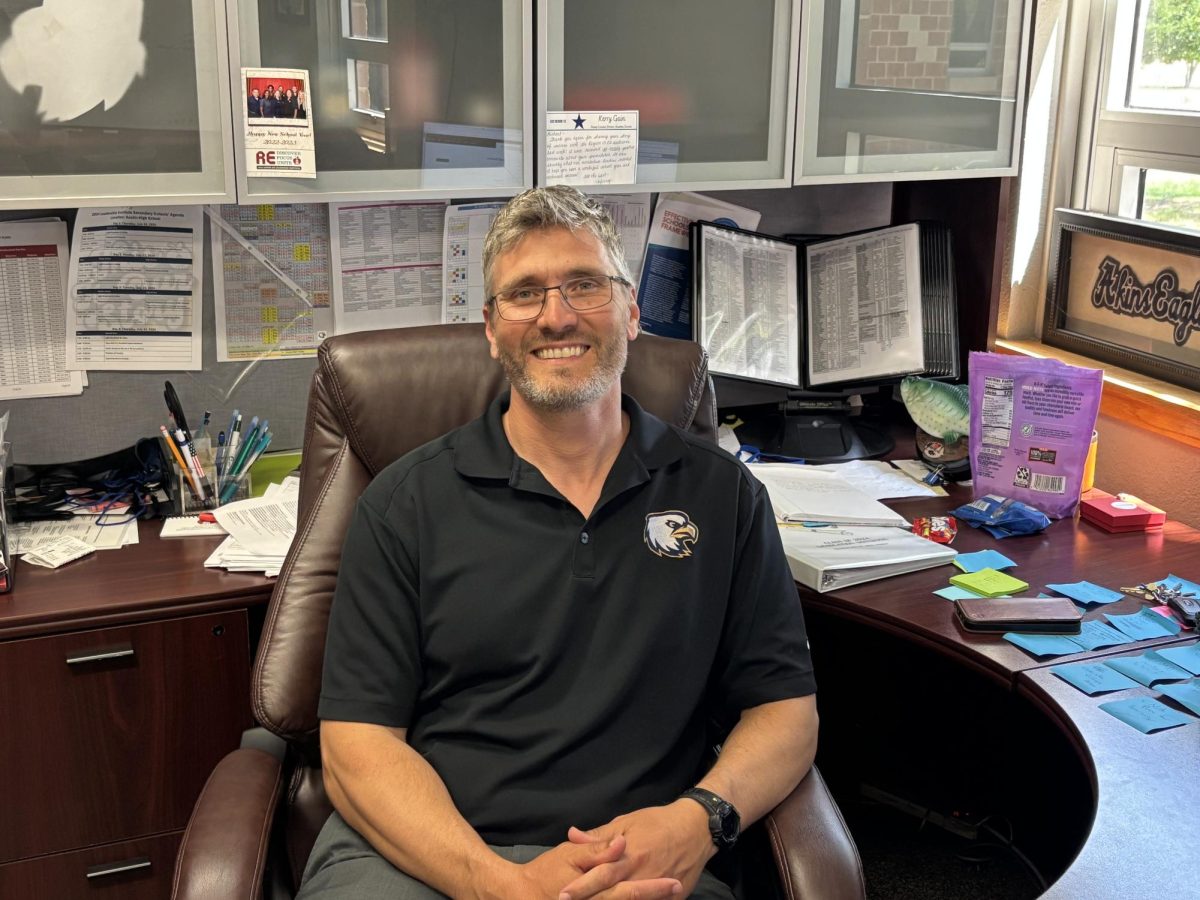School staff and nurses were hit with confusion about when students can receive basic health-related services without a consent form when Senate Bill 12 went into effect on Sept. 1.
However, the Texas Education Agency was forced to send out guidance to schools that this new state parental consent law does not prevent nurses from administering basic health-related services like providing Band-Aids or checking a student’s temperature. The clarification became necessary when school nurses became concerned about losing their jobs over providing even basic services.
One elementary school nurse in Beaumont was so concerned about the law that she didn’t provide a change of clothes to a kindergartner who vomited on themselves at school.
According to the Texas Tribune, some districts had interpreted the law as requiring consent for every non-emergency, health-related circumstance. SB 12’s authors urged education officials to clarify that the extreme levels of caution exercised by some districts were not necessary for what the lawmakers consider “common sense” practices.
The new guidance, which may undergo further changes, attempts to make a clear distinction between “health care services” and “health-related services.”
Health care services, according to the TEA guidance, involve medical treatment, medical procedures or dispensing medication, or administering a psychological or psychiatric test or treatment. Those services require parental consent before schools can provide them.
On the other hand, the education agency defined “health-related services” as short-term and “noninvasive” activities that promote students’ well-being, such as first aid, counseling, or mental and physical health screenings. Schools should assume they have consent to provide such services unless a parent opts their children out of them.
The TEA guidance instructed districts that it expects them to provide parents with consent forms detailing the types of services students can receive from their schools and to give families the option to opt out of each one, instead of the all-or-nothing approach.
Parents, teachers, and nurses at Akins have mixed feelings about this law, which bans diversity, equity and inclusion practices; instruction on sexual orientation or gender identity; and LGBTQ+ student clubs. Some are not fans of it, while others are supportive.
Under the new law, schools must provide consent forms via email or on their websites. For students to see the nurse, teachers must notify the nurse and verify that they have the consent form.
In an emergency, a nurse can act independently and treat the student without facing consequences, as this is legal. If a nurse treats a student without a consent form, the nurse could face having their license suspended or revoked. Additionally, most medications must be stored in the health room, except for emergency medications such as EPI pens and inhalers.
School nurse Falon Rhoades said she has to be very careful when deciding when to treat Akins students.
“I have to be careful and clear on my nursing services to make sure I am following the law and parent consent,” she wrote in an email.
Health science teacher Jennifer Segura said the new law is making things more difficult for nurses and patients.
“This process adds unnecessary barriers to care and creates confusion for both students and educators,” she wrote in an email.
This law is keeping the nurses and teachers on edge, and is making the students feel confused about the new rules. Nurses and teachers have to explain to various students why they aren’t able to get certain services, which can be frustrating for everyone involved.
As of right now, this new law is affecting Akins and has been preventing sick students from receiving medical services at school that they otherwise received without question last year. Students who have been facing health issues, such as migraines, have been sent back to their class due to not having their consent form signed.
“Limiting access to the school nurse or basic first aid resources serves no real benefit and, in fact, can compromise student well-being,” Segura said.
















